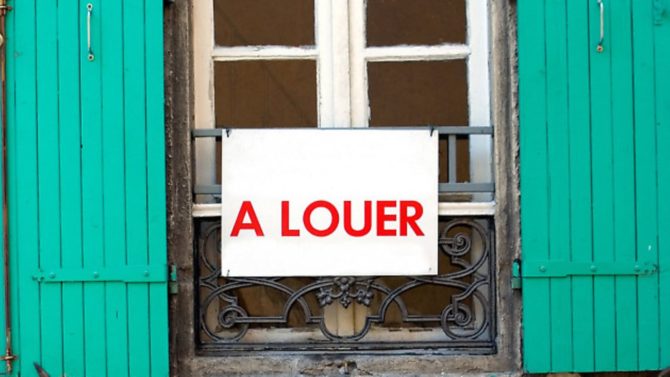Guide to long-term renting in France

Planning to rent a property in France? Make sure you understand how the renting process works in France and a tenant’s rights and responsibilities first
Renting in France is relatively straightforward and, as the French are traditionally more used to renting long-term than we are in Britain, the system protects the tenant more so than the system in the UK.
There are 3 categories of letting:
Short-term furnished (holiday) lets: less than 3 months
Long-term furnished lets: usually between 3 months and a year, often let on a renewable 1-year lease
Unfurnished lets: normally let on a renewable 3-year lease
Eligibility criteria for tenants
Landlords can be strict in their eligibility criteria when it comes to accepting tenants because it is so difficult to evict them. You will need to prove to them that you are in a position to pay the rent. They will ask to see proof of income, such as pay slips and it is usually required that your monthly income be at least 3 times the value of the rent. In case of insufficient income, you may be required to give the name of someone ready to be your guarantor (caution solidaire). This person, who should normally be a French resident, will usually be requested to provide proof of revenue equal to at least five times the monthly rent and will be required to sign a document indicating that he/she agreed to be your guarantor.
Rental documents
1. Tenancy agreement
La consistance de la chose louée is a formal description of the property to be let including location, address, size, fixtures and fittings, such as radiators, bath, fireplaces, kitchen appliances etc. The tenant would not be expected to remove or radically alter these without the permission of the landlord. It also includes annexes such as a garage, garden, swimming pool, and will specify whether the property is exclusively for use as a private dwelling, professional use or a mixture. This document forms the basis of a clear agreement between the tenant and landlord.
2. Inventory
The état des lieux is a record of the condition of the property at the time the tenancy starts. In French law, a rented property is assumed to be in good condition at the beginning of a tenancy, unless there is any evidence to the contrary. Therefore it is advisable to have a complete inventory of the property when the tenant takes possession. It is frequently prepared by a bailiff but it can be prepared and signed by the landlord and the tenant. Immediately after the tenant has left the premises, a further état des lieux must be carried out, and compared with the one that was prepared prior to the start of the tenancy. In case of any damages the landlord is entitled to deduct the costs of those damages from the security deposit.
Deposit
The security deposit is a maximum of one month of the initial rent to cover damages, unpaid bills etc. The initial amount, which is payable upon the signature of the lease, cannot be updated. The security deposit must be returned to the tenant after the deduction of any necessary costs within a period of two months after the termination of the lease.
Tenant responsibilities in France
Tenants must pay the rent, the service charges and taxes, occupy the property peacefully, carry out the necessary minor repairs and insure the property. The tenant must not cause any ‘abuse of occupation’, e.g. noise, animals causing trouble etc. The tenant also has no right to sub-let a rented property unless he has the landlord’s permission. The property must be occupied according to its purpose e.g. residential housing and not for commercial purposes.
The tenant is liable for taxe d’habitation, an annual local residence tax imposed on the occupier of a property in which they were residence on 1 January of each year. If the tenant has a television then the TV licence is payable with the taxe d’habitation.
The tenant must also carry out the necessary repairs that are his/her responsibility. This depends on whether it is a small repair or a major one – some examples of repairs that are the tenant’s responsibility are replacing broken windows, fuses and light fittings.
Insurance
The minimum insurance required by a tenant is for risques locatifs (tenant risks) but a more prudent policy would be for multi-risques d’habitation, which would include damage or theft to personal belongings. The landlord can ask for a copy of the policy and is entitled to terminate the lease if the tenant is not properly insured.
There is no obligation on a tenant to take out insurance for a furnished property however it is strongly advised because the tenant remains liable for any damages in the property.
Terminating a lease
Tenants are well protected under French law. No tenant can be evicted from a property, whether furnished or not, during the months of November to March (trêve hivernale) even if they don’t pay the rent.
A lease is automatically renewed unless notice is given by either the tenant or landlord. Tenants only have to give 1 month’s notice to terminate the lease on a long-term furnished let and 3 months’ notice on an unfurnished let, whereas landlords have to give 3 months’ notice on a long-term furnished let and 6 months’ notice on an unfurnished let. The landlord can only terminate the tenancy if there has been a breach of the tenancy conditions, they want to sell the property or live in it themselves.
Share to: Facebook Twitter LinkedIn Email


